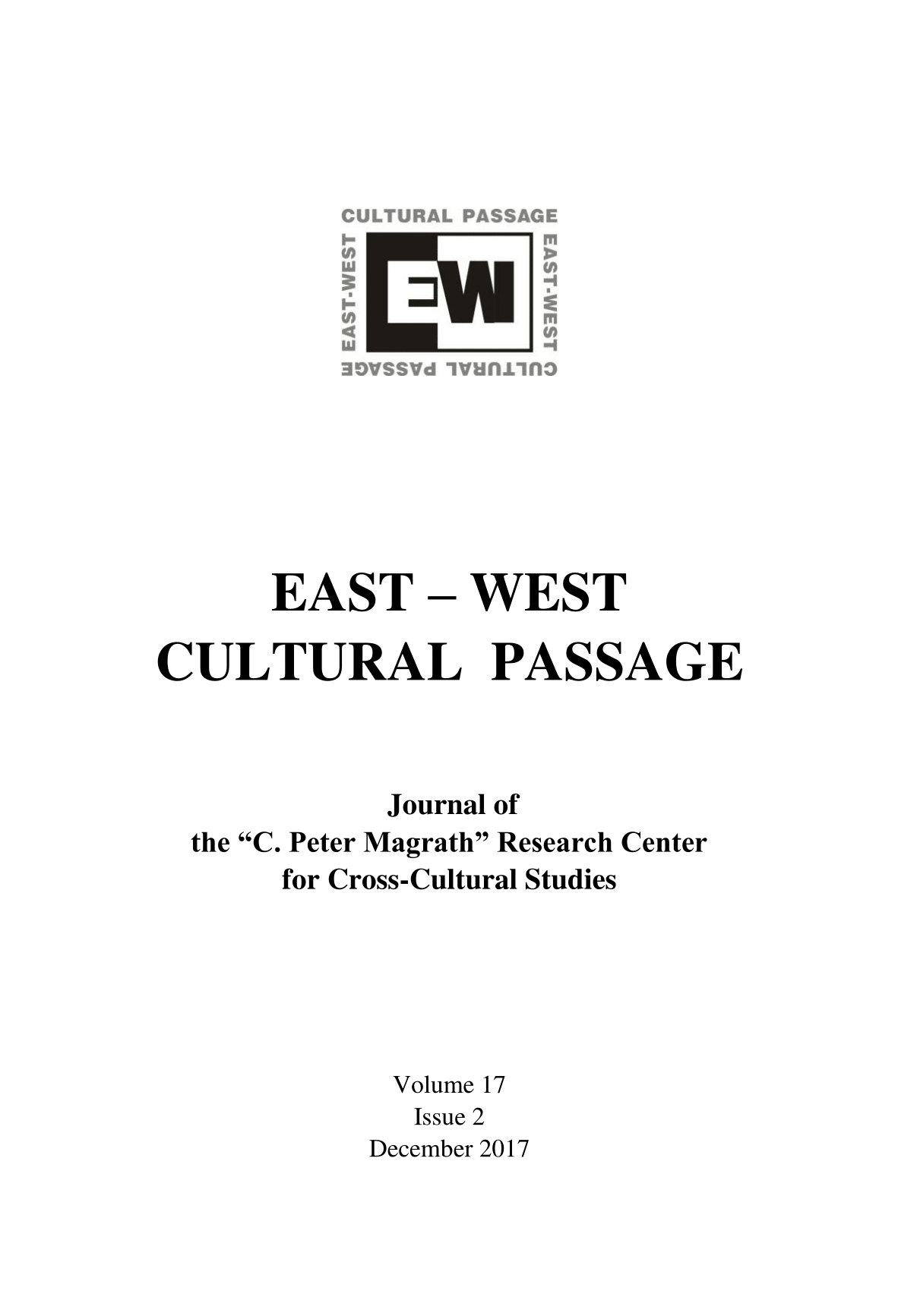Mother Complex and Mythopeic Influence in Maxine Hong Kingston’s The Woman Warrior
Mother Complex and Mythopeic Influence in Maxine Hong Kingston’s The Woman Warrior
Author(s): Sohaib MalkawiSubject(s): Novel, Behaviorism, Sociology of Culture
Published by: Editura Universitatii LUCIAN BLAGA din Sibiu
Keywords: Maxine Hong Kingston; The Woman Warrior; Jungian analysis; post-Jungian reading; mother complex; analytical psychology; cultural; translation; rewriting; Chinese-American literature;
Summary/Abstract: This article examines Maxine Hong Kingston’s The Woman Warrior from a post-Jungian perspective. It analyzes the narrator’s experience proving that her writing of this memoir amounts to an unconscious reprocessing and recording of her reconciliation with her mother. By translating and rewriting her mother’s stories, Maxine manages to integrate her shadow and embrace her feminine nature after spending her youth rigorously trying to achieve intellectual prowess. The novel is an assortment of seemingly random talk stories Maxine heard from her mother in Chinese as a child. In a 2011 interview with Josephine Reed, Kingston stated that she started writing the novel in Hawaii, sitting in a hotel room and staring at the wall, not at any special scenery. The wall, I argue, symbolizes a psychological impasse, her mother complex. The randomness of this gesture, how she started writing, resonates with the post-Jungian analysis I present in this article and with the fact that the author’s unconscious was an incentive for writing. In short, the wall Kingston was trying to break is an inner one—a barrier in the form of a mother complex that prevents her from letting go and fully experiencing her environment.
Journal: East-West Cultural Passage
- Issue Year: 17/2017
- Issue No: 2
- Page Range: 44-67
- Page Count: 24
- Language: English
- Content File-PDF

